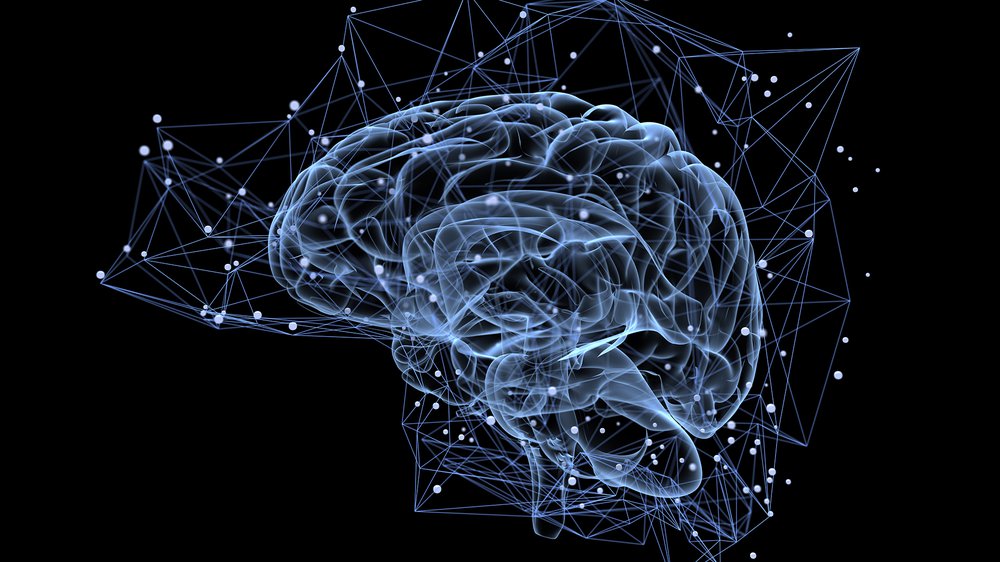Imagine your brain as a squishy super-fast computer that does not stop. It’s constantly processing information. When we experience déjà vu, it's like a little glitch in the system. Here's how it works.
Your brain receives sensory input from your surroundings, like all the things you see, hear and feel at any given moment. It takes all that info and processes it to create a mental map of your current situation. This mental map is what helps you make sense of the world around you. Déjà vu happens when this mapping process has a sort of delay.
Occasionally, there's a slight lag between when your brain receives information and when it processes that information. When your brain finally catches up, you have that weird, "Hey, I've seen this before!" feeling of familiarity. It's like a little mix-up in your brain's filing cabinet: a person’s real-time experience gets mistakenly filed in the "already seen" folder, even though it's actually happening in real time for the first time. This memory filing glitch gives you that sensation of having been there or done something before.
There are a few theories about what causes déjà vu. One suggests it might be due the lag in signals from different parts of your brain. Another idea points to a sort of hiccup in the way your memories are processed and stored, making a new experience feel familiar.
It's important to note that déjà vu is completely normal and not a sign of anything wrong with your brain. This is just one of those quirky things that can happen when your brain is processing tons of information at lightning speed.

Image credit: Getty images
So that's déjà vu. Can you imagine anything stranger for the brain? How about the opposite of déjà vu? Does such a thing even exist? Actually, yes! It's called jamis vu!
Jamais vu, the lesser-known cousin of déjà vu, is a fascinating phenomenon that flips the script on familiarity. While déjà vu makes the new feel familiar, jamais vu does the exact opposite—it makes the familiar feel utterly foreign and nonsensical.
For example, take a word you've seen countless times before. Let’s say, “barn.” But suddenly, it looks strange, almost alien. You start to question if it's even a real word. This bizarre sensation is jamais vu in action. At its core, jamais vu is also just a small hiccup in your brain's recognition process.
Normally, your brain relies on patterns and familiarity to quickly identify and categorize things. It's why you can read words without having to painstakingly sound out each letter. But when jamais vu strikes, this pattern recognition system momentarily falters.
Both of these are occurrences in the human brain that scientists don't fully understand, and are mysteries left for future researchers to solve. You can say that to discover some answers on these mental mysteries, one would almost need to have a moment of presque vu!


